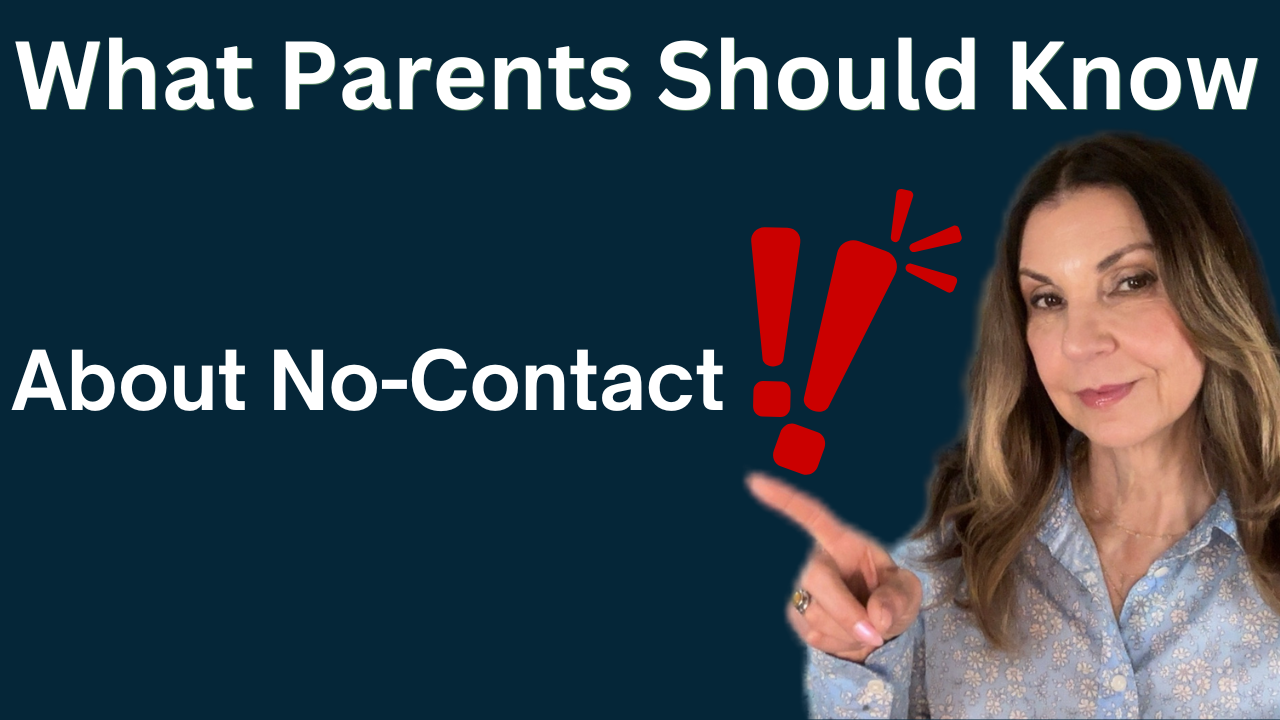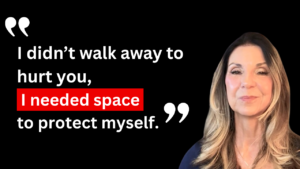Losing touch with a family member—a child, sibling, or parent—can be heartbreaking. When someone you love cuts off contact, you feel confused, rejected, and unsure what to do next.
If you’re going through family estrangement, you’re not alone. Many people experience this painful situation, and while reconciliation isn’t always possible, healing is. Whether you hope to reconnect or want to find peace, you can take steps to process your emotions, reflect on the past, and move forward healthily.
Why Do Families Become Estranged?
Estrangement doesn’t usually happen overnight. It often builds over time due to unresolved conflicts, hurt feelings, or value differences. Some common reasons family members cut ties include:
- Ongoing arguments or misunderstandings – When issues never get resolved, they can create a deep divide.
- Different values or beliefs – Politics, religion, or lifestyle choices can cause tension between family members.
- Painful past experiences – Hurtful words, neglect, or trauma can make a person feel the need to step away.
- Influence from a third party – A spouse, friend, or relative may influence the decision to cut contact.
- Not respecting boundaries – Ignoring someone’s need for space or privacy can push them away.
Understanding what led to the estrangement is important. It helps you see what might have caused the relationship to break down and what, if anything, can be done to fix it.
The Emotional Pain of Estrangement
Estrangement is a form of loss, and it can bring up all kinds of painful emotions, including:
- Grief – It feels like mourning someone who is still alive.
- Guilt and shame – You may wonder if you did something wrong or could have prevented it.
- Loneliness – Special occasions, holidays, or birthdays can feel especially painful.
- Anxiety – The uncertainty of not knowing if you’ll ever reconnect can be stressful.
It’s important to recognize these feelings instead of pushing them away. The more you acknowledge your emotions, the better you can work through them healthily.
Steps to Heal from Family Estrangement
Healing doesn’t happen overnight, and everyone’s journey looks different. Whether you reconnect with your loved one or not, these steps can help you find peace.
Let Yourself Feel. Pretending you’re okay when you’re hurting will only make things harder in the long run. Let yourself feel whatever emotions come up: sadness, anger, frustration, or even relief. Writing in a journal, talking to a friend, or speaking with a counselor can help you process these emotions.
Reflect on What Happened It’s easy to focus on how you were hurt, but looking honestly at the relationship can be eye-opening. Ask yourself:
-
- Were there times I could have handled things differently?
- Did I unintentionally hurt the other person?
- Have I respected their boundaries and feelings? This isn’t about blaming yourself; it’s about understanding the situation fully so you can approach it clearly if you decide to reach out.
Think About Writing a Letter If you want to reconnect, writing a letter can be a great way to express your thoughts without putting pressure on the other person. A good letter should:
-
- Acknowledge the estrangement without pointing fingers.
- Express your feelings honestly.
- Apologize if necessary.
- Show that you understand their perspective. Avoid making demands or expecting an immediate response. A letter should be an open door, not a push for reconciliation.
Have Realistic Expectations. If your loved one isn’t ready to talk, it’s important to respect that. Even if they do respond, rebuilding a relationship takes time. They may need space or want a different kind of relationship than before.
Take Care of Yourself Estrangement can be emotionally exhausting, so self-care is key. Make time for things that bring you comfort and peace, like:
-
- Spending time in nature
- Reading, writing, or creative hobbies
- Exercising or practicing mindfulness
- Connecting with supportive friends or groups Caring for yourself isn’t selfish—it’s necessary for healing. The more you care for your emotional well-being, the stronger you’ll be.
Accept What You Can’t Control One of the hardest parts of estrangement is realizing you can’t force someone to reconnect. No matter how much you want to fix things, the other person has to be willing to. Instead of focusing on what’s out of your control, put your energy into what you can do—healing, growing, and finding happiness in other areas of your life.
Find Support You don’t have to go through this alone. Many people experience family estrangement, and connecting with others who understand can be incredibly healing. Whether through a support group, online community, or close friends, sharing your feelings can help you feel less isolated.
No Contact: Important Realizations
- No contact is a reality, not a life sentence. It may feel permanent, but it doesn’t mean your emotional growth is on hold. Life continues, and so do you.
- If you had the opportunity to repair it, that’s a gift. Not everyone gets a second chance. If reconciliation is possible, approach it with gratitude.
- What to do when there is no explanation. Sometimes, estrangement happens without clear reasons. Accepting uncertainty is key to moving forward.
- Grief isn’t a waiting room; it’s a process. Healing isn’t about passively waiting for closure. It’s an active journey of self-acceptance and resilience.
- There’s power in moving forward, even without closure. You don’t need permission to heal. Your peace is in your hands, not in someone else’s response.
Finding Peace No Matter the Outcome
Not all estrangements end in reconciliation, and that’s okay. If your loved one isn’t open to reconnecting, it doesn’t mean you can’t heal.
Focus on the following:
- Making peace with the past
- Letting go of resentment
- Creating meaningful relationships with people who love and support you
You deserve happiness, whether or not your family relationships are repaired. Healing is about finding peace within yourself, regardless of what happens with the other person.
Final Thoughts
Family estrangement is painful but doesn’t have to define your life. Whether you reconnect with your loved one or not, you can still heal, grow, and build a fulfilling life. Take things one step at a time. Be kind to yourself. And remember, healing isn’t about fixing the past; it’s about finding peace in the present and hope for the future.









